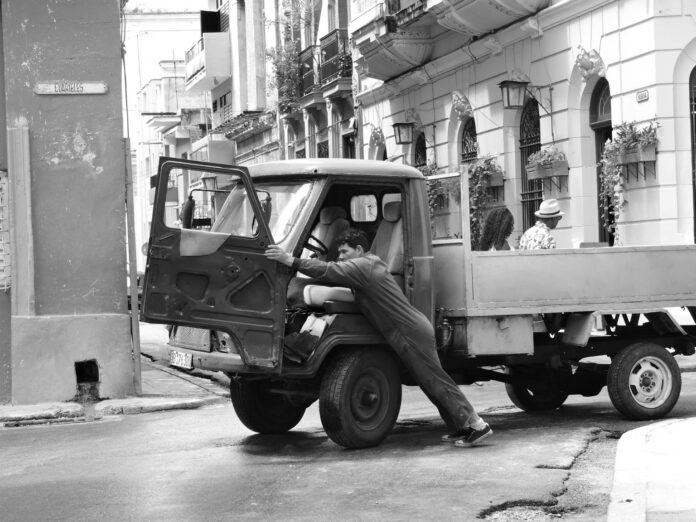
By Michael Wiggin*
HAVANA TIMES – So it is with politics, economic systems, and human behaviour. We create labels for political economy; capitalist, socialist, communist, liberal democracy and more. By adhering to any of these labels, we create barriers and constrain ourselves. What most advocates want is to achieve the greatest good for the greatest number of people in society. Instead, many place greater priority on adherence to ideology rather than public good.
When ideological commitment is too rigid, opportunities are lost. In the USA, for one, the terms socialist or communist are reasons to reject the many possibilities to create greater equality, to provide excellent health care, education service and basic incomes for all. By turning a back on the success of other countries, a large sector of society mobilizes and seeks a champion for their dissatisfaction and charlatans like Donald Trump emerge. History shows many such examples including Hitler in Germany and Mussolini in Italy. Vulnerable, desperate populations with a need to be heard. The result is not pretty if governments do not listen or political or economic elites seem to control governance.
Similarly in Russia, dissatisfied masses revolted with oversight by Lenin. He, in turn, was replaced by Stalin whose corruption and control of power led to death and starvation by many. The socialist or communist dream was trampled in the dirt, the economy floundered and a different kind of inequality and dysfunction took over.
In Cuba, the Batista era created an environment where criminal elements thrived, dissidents were not tolerated or murdered and, while many innocent people benefited, too many Cubans did not. Many parts of the island were denied access to education, basic employment and nutrition. Life for many was no different than under the final years of Spanish occupation before the Cuban people threw off those shackles.
It is understandable that the Cuban people looked beyond western liberal democratic models for the independent Cuba. With the exploitation of the US and their acceptance of Batista and other US criminal elements based in Havana, the people were open to promises of freedom and equality, education, employment, and health services that were promoted under a socialist and then a communist approach. With that many skilled people with other political visions or economic talents left and Cuba was forced to go it alone. An almost impossible task. Russian assistance was accepted as few options were obvious for the protection and support of the people.
Over sixty years have past and it has become obvious that a narrow, constrained adherence to socialism or communism is not working. Just as a too rigid commitment to capitalism is not working elsewhere. Countries that constrain themselves and refuse to see merit in other ideas that are outside of the adopted ideology create problems for themselves. José Marti said that it is the duty of citizens to protest and demonstrate if they see a need for change. Raul Castro, surprisingly less dogmatic than his charismatic brother, tried to introduce reforms but was held back by the old guard, fearful that tampering with the ideology to which they had committed their lives, would fail. Or maybe they feared more that the reforms might work and their positions would be in jeopardy.
Too strict and adherence to any ideology, is fraught with risk and danger. But a renewed commitment to public good and a willingness to introduce good ideas that have been proven elsewhere is probably necessary.
I know that when the pure socialistic experiment was not working, Che Guevara challenged the people to create “the new man” who would put public good and the success of Cuba ahead of personal interests. But this was not sustainable. Eventually, people need have a job that pays, a sense of reward for greater efforts and hope that things can get better.
The process of change is, no doubt an enormous challenge when faced with constraints imposed by their largest neighbour. But change cannot be piecemeal. If economic reform is applied to one sector (e.g. Tourism) and only some people benefit, it just sews division and hostility. We have seen what can happen on July 21, 2021. But this was not a revolution (or counter-revolution) but the people, in the Marti tradition expressing themselves to government about the need for change, the need for flexibility and new ways. If listened to, they could become better citizens. If not heard, they regretfully leave.
More than ever, Cuban leaders need to appreciate that they can no longer be a slave to ideology and the constraints that this imposes. The wellbeing of Cuban’s comes first and preservation of the many values of which Cubans are so proud, need to be combined with reforms that will enable the preservation and strengthening of these values. It is time to throw of the shackles of ideological purity and get back to the public good and happiness.
*Michael Wiggin is a guest writer who lives in Ontario, Canada




